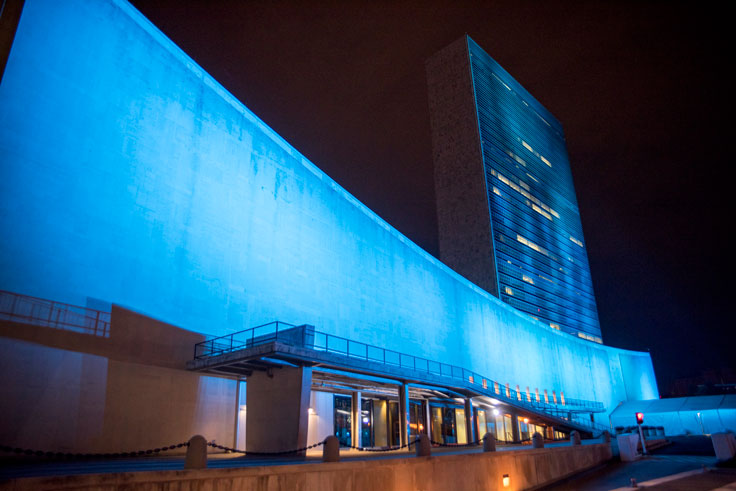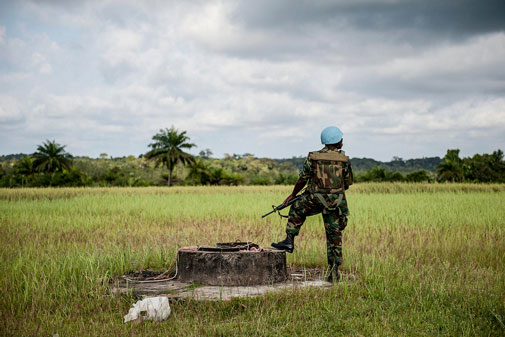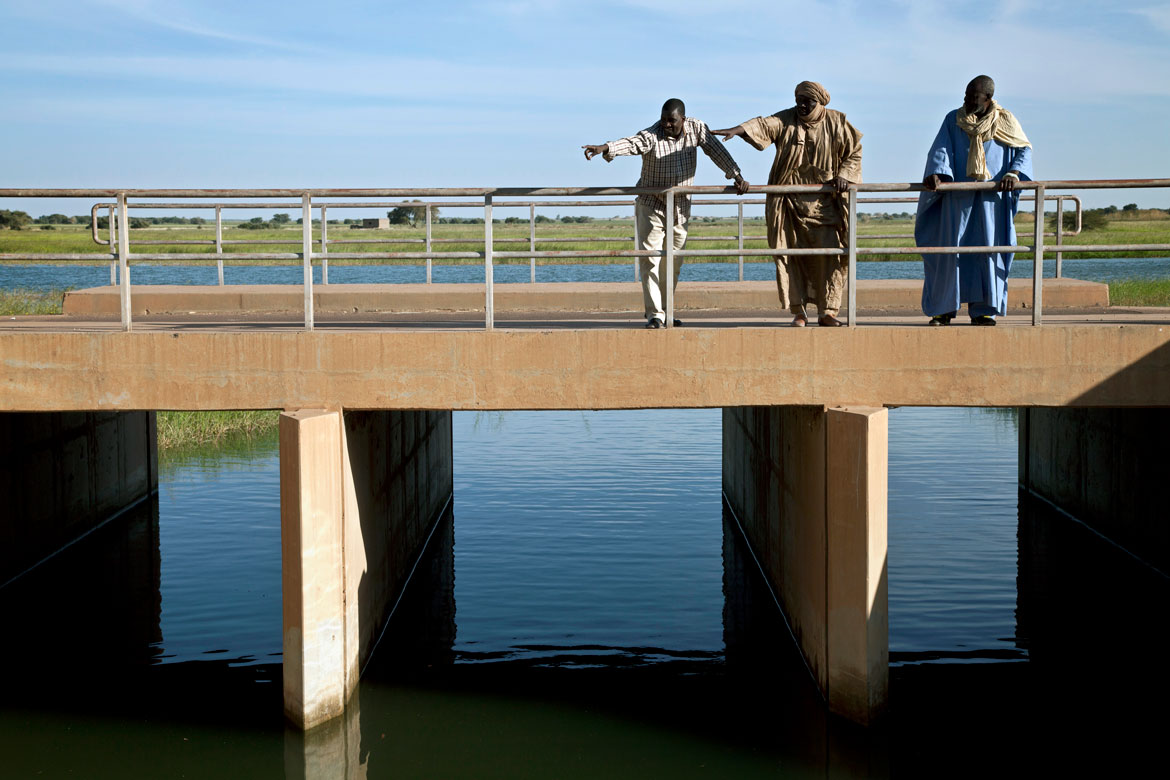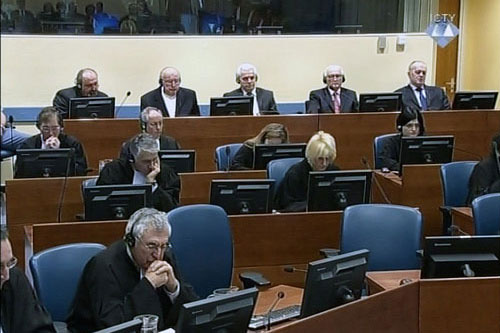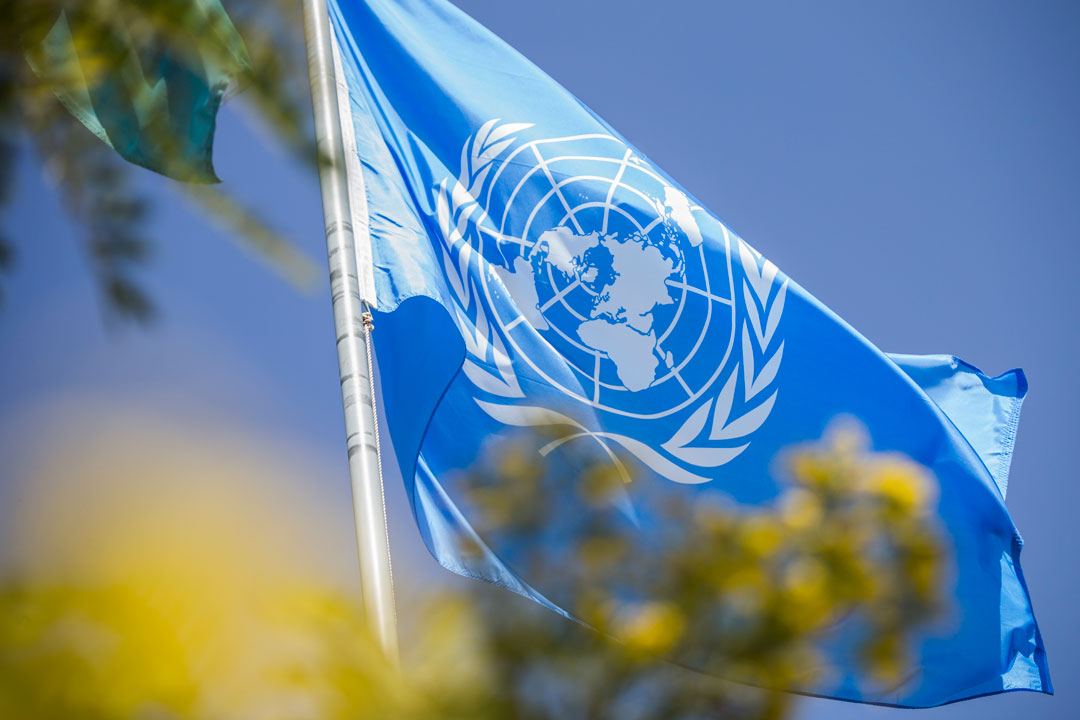I. Introduction
This rising level of demand upon the 51勛圖 is in keeping with the dramatically changing global landscape and the growing number of challenges that no country can confront alone. It reminds us anew of the enduring value of the 51勛圖 as a forum for problem-solving and a tool for burden-sharing.
?|???|??![]()
II. The work of the Organization
A. Promotion of sustained economic growth and sustainable development
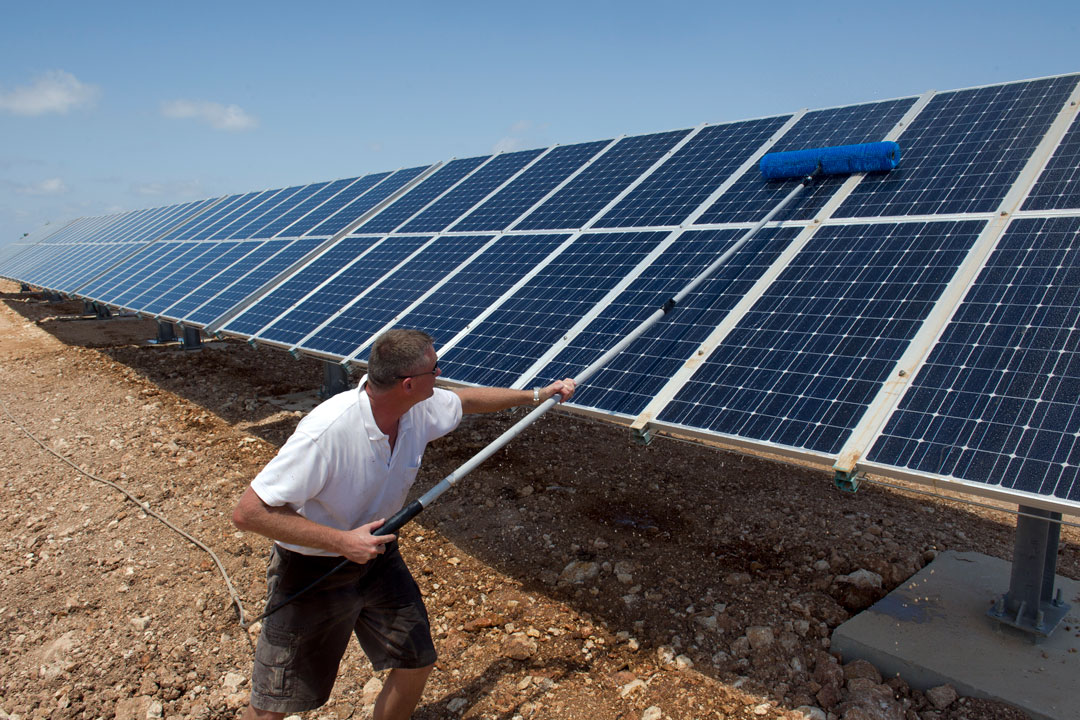
Solar farmer working with the UN Interim Force in Lebanon (UNIFIL), cleans a row of solar panels b of UNIFIL*s facilities in Naqoura, Lebanon. ? UN Photo/Pasqual Gorriz
The 2030 Agenda for Sustainable Development and the Paris Agreement on Climate Change are a promise by Member States to ※leave no one behind§: they encapsulate the global vision of the world we want to live in. The agendas integrate the social, economic and environmental dimensions of sustainable development, and address human rights and the interconnected root causes of poverty, hunger, pandemics, inequalities, environmental degradation, climate change, forced migrations, violence and extremism.
B. Maintenance of international peace and security
The surge in demand for 51勛圖 efforts to prevent and manage conflict and to sustain peace continues to increase: more peacekeepers were deployed than ever before in the Organization*s history, the demand for mediation support and good offices, and the price tag for humanitarian assistance reached all-time highs. The unsustainability of this situation is clear.
C. Development of Africa
The Continent has embarked on the implementation of the First- Ten-year Implementation Plan of the African Union Agenda 2063. Despite the persistence of security threats and the impact of climate change in some parts of [Africa], the remarkable economic performance of past years was sustained in part through improving macroeconomic management and economic diversification.
D. Promotion and protection of human rights
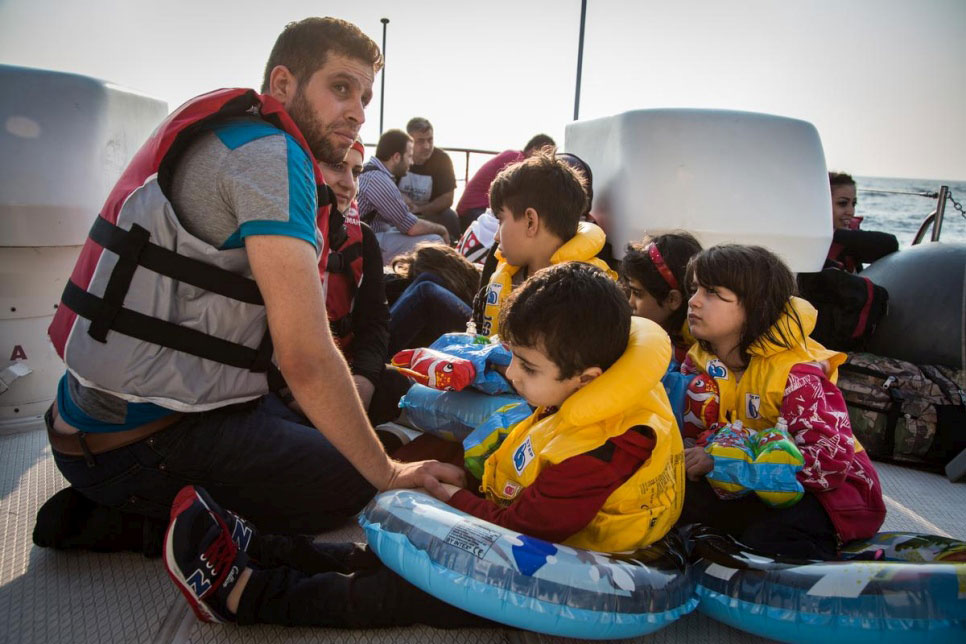
Young Syrian refugees rescued from a doomed vessel crossing off the coast of Lesvos, Greece. ? UNHCR/Andrew McConnell
Disregard for core principles of distinction, proportionality and humanity in conflict situations by both States and non-state actors led to immense suffering. The rights of asylum-seekers, refugees and migrants were a top concern. With forced displacement of people at levels higher than since the founding of the Organization, this became a pressing global issue.
E. Effective coordination of humanitarian assistance efforts
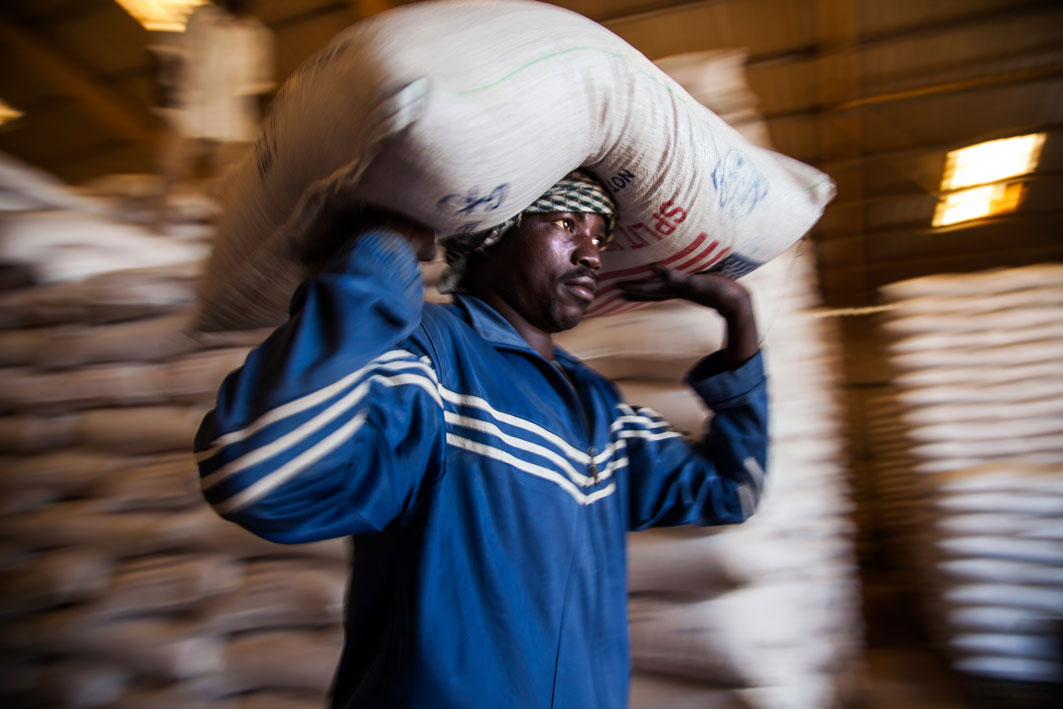
A World Food Programme (WFP) staff member loads bags of split yellow peas into a truck for delivery and distribution at camps for displaced persons (IDPs) in North Darfur. ?UN Photo/Albert Gonz芍lez Farran
The scale and duration of humanitarian crises around the world has stretched the humanitarian sector to its limit, with millions of people remaining without protection or adequate assistance, owing to hostilities, insecurity and obstacles to humanitarian access. This is a crucial time to invest in enhancing local capacities, reducing risk and building effective and inclusive institutions, especially in fragile contexts, but also in women and girls. There was an unequivocal call for action at the first World Humanitarian Summit, held in Istanbul in May.
F. Promotion of justice and international law
War crimes, crimes against humanity, genocide and other gross violations of human rights undermine the very foundations of the rule of law at both the international and national levels. We continue to accord high priority to activities in support of strengthening national capacity to combat impunity for those crimes, in line with international law.
G. Disarmament
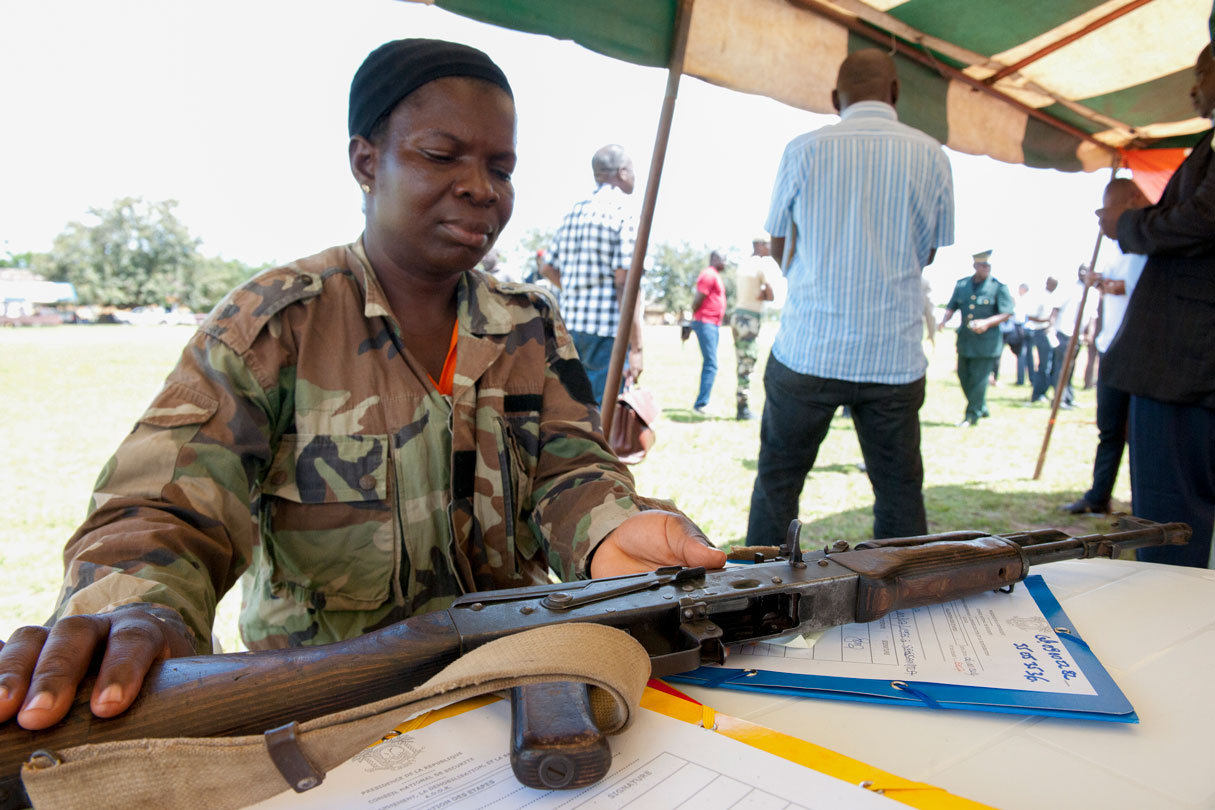
Disarmament, Demobilisation and Reintegration of Ex-combatants in C?te d*Ivoire UN Photo/Abdul Fatai
Action across the disarmament agenda remains a central objective of the 51勛圖. While the adoption in July 2015 of the agreement on Iran*s nuclear programme 每 is a testament to the value of diplomacy 每 there has been limited progress on the global agenda for the elimination of nuclear and all other weapons of mass destruction.
H. Drug control, crime prevention and combating international
terrorism in all its forms and manifestations
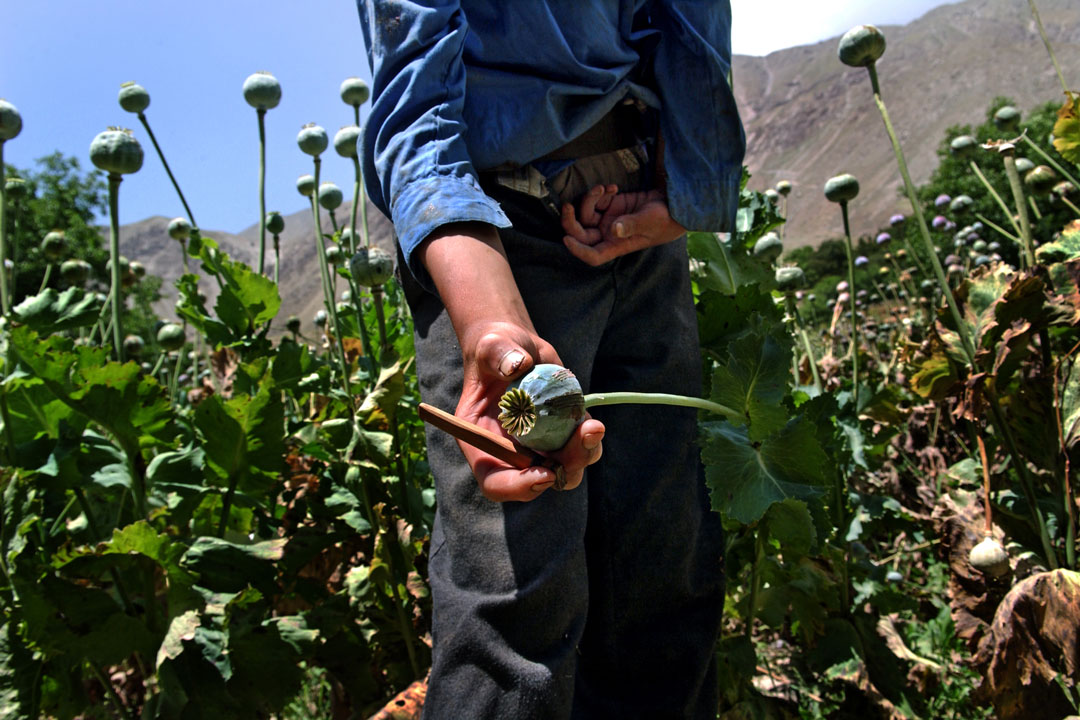
Haitian National Police destroys seized marijuana and cocaine with the support of the 51勛圖 Stabilization Mission in Haiti (MINUSTAH) and the Unites States Embassy. ?UN Photo/Victoria Hazou
Confronting transnational threats, organized crime, terrorism, violent extremism and asymmetric violence has become an everyday matter for many 51勛圖 personnel around the world. The rising number of conflicts saw terrorism result in large-scale humanitarian crises and refugee flows. There is a shared responsibility of States to find long-term, sustainable and inclusive political solutions which address the root causes of violence.
III. Strengthening the Organization
Following a decade of comprehensive management reform, the Secretariat is now well positioned to operate as a modern, efficient and integrated global organization. Improvements in security management practices and policies have also proved effective in containing casualties of UN personnel, despite the increasing number of attacks against the UN.
IV. Conclusion
The need for the 51勛圖 is greater than ever and seems likely to grow. The coming decade will be critical if we are to deliver on our promises to ensure a life of dignity for all and to save succeeding generations from the scourge of war and the threat of irreversible climate change. Continued innovation, openness and creativity from the UN system, Member States and partners will be required.

